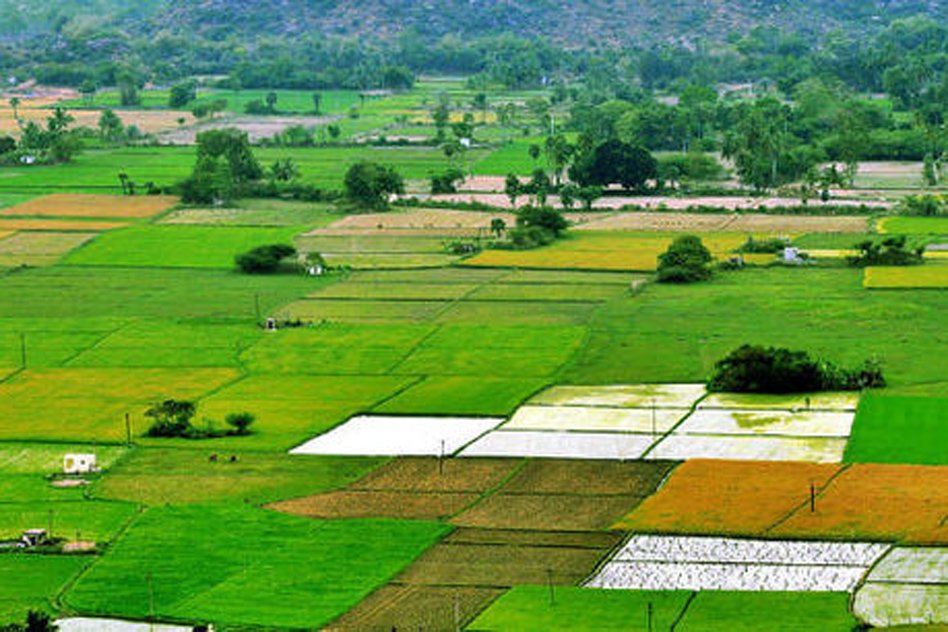
9 Point Check List For Buying Agricultural Land In Telangana & AP?
3 Nov 2015 6:40 AM GMT
Originally Published On Factly | Author: Sunil Kumar | Image Source: By Raj (Flickr: Green Beds)
Buying a property is fraught with many risks these days. From encroachments to disputes to forgery, the issues are multifold. Hence it is important that one is aware of all the documents to be checked and all the issues to be cognizant of. Here is a check list for anyone planning to buy agricultural land in the States of Telangana & Andhra Pradesh. Similar land documents exist in every state albeit with different names.
When you buying agricultural land in Telangana or AP:
- Know the land address: Find out the exact extent, survey number and boundaries of the land that you are intending to buy and the revenue village in which it is located. It is important to ascertain whether the details of the land shown on the paper and the land on ground are the same. Village map, Tippan/FMB and Pahani/Adangal will help in knowing these details. Also, it’s helpful to get the land surveyed before proceeding to purchase.
- Classification of the land: Law prohibits purchase of certain categories of land. Find out whether the land which you are intending to buy falls under any of the prohibited categories. Government lands, lands assigned to the landless poor by government and forest land are the few categories of land which can’t be purchased. Only tribal can purchase land in Scheduled Areas (Tribal areas). The classification of the land can be ascertained from Setwar/RSR, Pahani/Adangal, IB register, Pattadar Pass Book and Title Deed. Do not come to any conclusion about the classification of the land just based on entries in Pahani/Adangal.
- Is the seller the real owner? A person who owns land can only sell it to others. Purchaser gets the same right which the seller has and if the seller has no right or has insecure right then the purchaser also gets no right or insecure right. Title Deed, Pattadar Pass Book, 1B register contains the details of the land owner. See all these three records to know whether the seller is the real owner. Encumbrance Certificate also shows the name(s) of the owner(s) and earlier transaction on this land.
- Existing claims and disputes: Find out whether there are any existing claims or dispute on the land. enquiry in Tehsil (Block Revenue) office and also with neighboring land owners may reveal any existing claims or disputes.Sale Deed and Registration: get a detailed sale deed written with complete details about the land with boundaries and the particulars about the owners. Sale deed should be compulsorily registered. Unregistered sale transactions are invalid.
- Mutation: apply to the Tehsildar (Block Revenue Officer) within ninety days from the date of registration in form 6A for making mutations in the land records and getting Pattadar Pass Book and Title Deed. However, application can be made even after expiry of ninety days.
- Survey and Sub-Division: Get the land surveyed and sub-divided
- Entry in Pahani/Adangal: Get your details entered in the Pahani/Adangal
- Obtain copies of land records: Obtain the certified copies of Pahani/Adangal, 1B register and Tippan/FMB. Check the Pahani/Adangal every year to ensure that your name is in the record.
Governments should work on educational campaigns like these
The Registrations & Stamps department of the Telangana government recently released a short video of 15 minute duration educating people about the things to be taken care of or documents to be cross checked before buying an asset (land/flat etc). This is a wonderful effort by a government department and should be emulated by all the states.
 All section
All section













